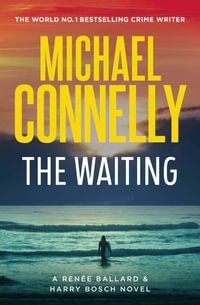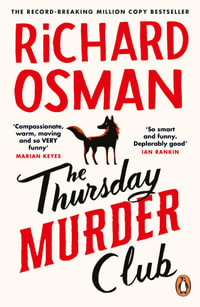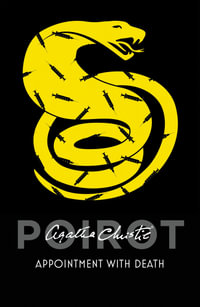This is a novel of guilt and innocence and the impossibility of justice in an unequal society. In Peru, an airman is found brutally murdered. Two policemen set out to investigate, but they are not glamorous detectives; they do not even have a squad car and have to hitch rides on chicken trucks and cajole a cabdriver to take them to the scene of the crime. The author has written "Aunt Julia and the Scriptwriter", "The War at the End of the World", "The Real Life of Alejandro Mayta", "Captain Pantoja and the Special Service" and "The Perpetual Orgy".
Industry Reviews
A comic police-procedural, of all things - far lighter in tone than the equally investigatory The Real Life of Alejandro Mayta but also a better example of how deftly and smartly Vargas Llosa can cut the fictional cards (and how deeply he's been thinking about the properties of narrative). In Peru during the 50's, a young Air Force cadet is found murdered and mutilated. The half-breed cadet, Palomino Molero, was draft-exempt yet joined the military anyway. Why? For love, it seems - love for the colonel's daughter, a love that for a number of reasons (race, class rank) cannot be. But is it reason for slaughter? It falls to two absolutely hapless hick Civil Guards - Officer Lituma (the narrator) and Lieutenant Silva - to investigate the case, and it's on their wheels that the fun zooms. Silva is lust-crazy for a particular local (quite hefty) married woman, and spends most of his time thinking, talking, and dreaming of her. Meanwhile, he "interrogates" various witnesses and suspects in the cadet's murder, getting them to answer questions he never asks, to make connections he's too sex-woozy to have formulated. Through it all, though, Lituma is convinced that Silva is another Sherlock Holmes. The denouement - involving the colonel of the cadet corps, and a spurned suitor of the daughter's - is ambiguous (is anyone telling the real story?): this conclusion circles back to Silva and Lituma's approximate style of truth-finding, as though Vargas Llosa is suggesting that any testimony is true, whether "objectively" false or not. More in the vein of Aunt Julia and the Screenwriter than his other recent novels, the playfulness is the thing here, and hard to resist. (Kirkus Reviews)
























